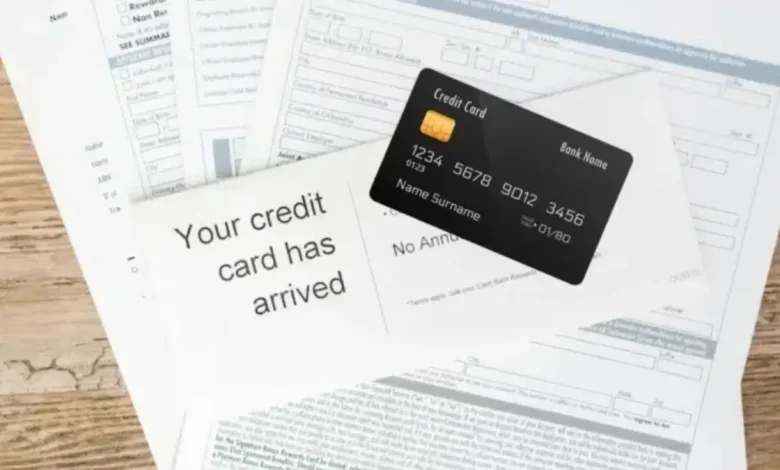What Is a Credit Score and Why Should You Care?

A credit score is a number that shows how likely you are to repay borrowed money. Lenders use this score to decide if they should give you loans or credit. In South Africa, having a good credit score opens doors to financial opportunities. Without a solid score, you might struggle to get approved for loans, credit cards, or even rent a home. Therefore, understanding your credit score is crucial for your financial health.
ALSO READ: How to Improve Your Credit Score – Gauteng Tourism Authority
How Do Credit Bureaus Calculate Your Score?
Credit bureaus like TransUnion, Experian, and Compuscan collect information about your borrowing history. They look at how often you pay bills on time, how much debt you have, and the types of credit you use. Additionally, they check how long you have had credit accounts. Using these details, they assign you a score, usually between 300 and 999. Each bureau may use slightly different methods, but the principles remain the same.
What Is Considered a Good Credit Score in South Africa?
A good credit score in South Africa generally starts at 670. Scores above this level make you a more attractive borrower to lenders. If your score falls between 670 and 799, you are likely to get approved for most loans and credit cards. Scores between 800 and 950 are considered excellent and unlock the best rates and terms. Scores below 670 may still get you credit, but you might face higher interest rates or stricter conditions.
Why Does a Good Credit Score Matter?
A good credit score gives you access to better financial products. Lenders trust you more, so they offer lower interest rates and higher credit limits. Moreover, you may qualify for special offers on insurance, cellphone contracts, and even car rentals. In contrast, a poor score can make it difficult to get approved for anything, or you might have to pay much more in interest. Therefore, maintaining a good credit score is essential for financial flexibility.
How Can You Improve Your Credit Score?
Improving your credit score is possible with consistent effort. First, always pay your bills on time, as late payments hurt your score. Second, keep your credit card balances low compared to your credit limit. Third, avoid applying for too much credit at once, since multiple inquiries can lower your score. Fourth, check your credit report regularly for errors and dispute any mistakes you find. Finally, manage your existing debt responsibly by paying it down steadily.
CHECK OUT: Getting a Car in Joburg: What’s the Ideal Credit Score for Vehicle Finance
What Are the Consequences of a Poor Credit Score?
A poor credit score creates several problems. You might get denied for loans, credit cards, or even rental agreements. If you do get approved, you will likely pay higher interest rates. Some employers and landlords also check credit scores before hiring or renting to you. Therefore, a low score can affect more than just your ability to borrow money. Addressing issues early helps you avoid these negative outcomes.
How Can You Check Your Credit Score?
You can check your credit score easily and often for free. Most South African credit bureaus offer free annual reports. You can access your score online through TransUnion, Experian, or other providers. Regularly reviewing your report helps you spot errors and track your progress. It also lets you catch any signs of identity theft early.
Practical Tips for Maintaining a Good Credit Score
Maintaining a good credit score requires ongoing attention. Set up reminders or automatic payments to avoid missing due dates. Keep your credit card balances well below your limits. Only apply for new credit when necessary. Monitor your credit report at least once a year. If you see any mistakes, contact the credit bureau right away. These habits will help you keep your score healthy and strong.
The Role of Credit Scores in Everyday Life
Credit scores impact many areas of life. They influence your ability to buy a car, rent an apartment, or even get a job. Many service providers now check credit scores before offering contracts or services. Therefore, a good score can make daily life much easier and more affordable. By understanding and managing your credit, you take control of your financial future.
How to Recover from a Bad Credit Score
If your credit score is low, don’t panic. Start by paying all your bills on time from now on. Reduce your outstanding debt as much as possible. Avoid taking on new debt while you rebuild your score. Check your credit report for errors and dispute any inaccuracies. Over time, these steps will help your score improve. Remember, patience and consistency are key to recovery.
The Importance of Financial Education
Financial education plays a vital role in credit management. Understanding how credit works helps you make better decisions. Many organizations offer free resources and workshops on credit and money management. Taking advantage of these can boost your confidence and improve your financial habits. The more you know, the better you can protect and grow your credit score.
Take Charge of Your Credit
Your credit score is a powerful tool in your financial toolkit. With a good score, you unlock better rates, more options, and greater peace of mind. By paying attention to your credit habits and checking your report regularly, you stay in control. Start today, and you’ll enjoy the benefits of a strong credit score for years to come.



